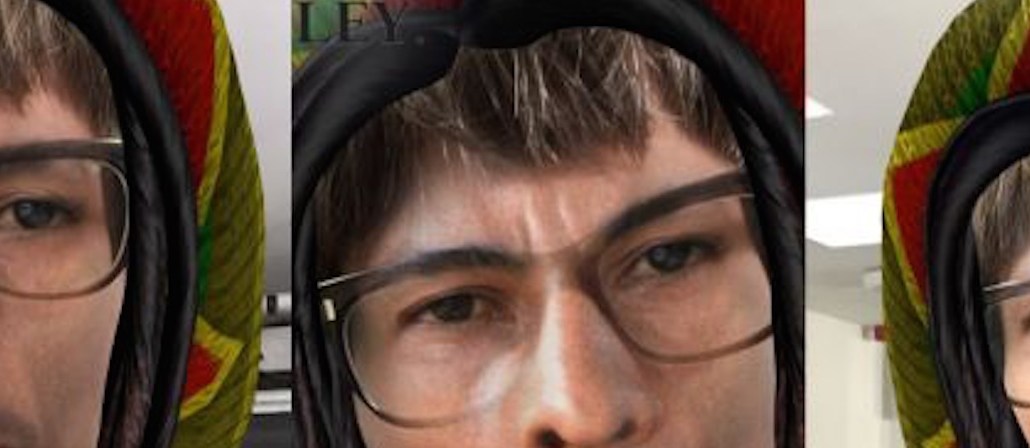Last chance to save on Digiday Publishing Summit passes is February 9

Snapchat is no stranger to controversy, but a new filter has it facing allegations of racial insensitivity.
Today is April 20 and to celebrate the hazy holiday that is 420 — Christmas for potheads — the photo messaging app is offering a filter that lets people slap Bob Marley’s likeness on their own face.
It is unclear what Snapchat is smoking. The Internet quickly took notice of the tone deaf filter and took to Twitter to slam it as digital blackface and culturally clueless (Marley was from Jamaica! He smoked weed!).
Reached for a comment, Snapchat replied with the following statement:
“The lens we launched today was created in partnership with the Bob Marley Estate, and gives people a new way to share their appreciation for Bob Marley and his music. Millions of Snapchatters have enjoyed Bob Marley’s music, and we respect his life and achievements.”
We’d hate to see how Snapchat treats someone they don’t respect. Much of the online outrage looked like this:
Snapchat’s half-baked 420 nod is a Bob Marley blackface filter?! Dude was Jamaican! Did waaaay more than smoke weed. pic.twitter.com/t6tazxnMxT
— Brian Ries (@moneyries) April 20, 2016
That Bob Marley Snapchat filter is definitely blackface but also do we have to dress up as someone who was terrrrrrrrible to women?
— Scaachi (@Scaachi) April 20, 2016
Designer 1: how can we celebrate 420 in a tasteful way
Designer 2: hmm
*long pause*
In unison: bob Marley blackface! pic.twitter.com/Ksq6Jm58aR— TOPSHELFTYSON (@topshelftyson) April 20, 2016
Oh “Bob Marley” is trending hmm interesting let’s just see pic.twitter.com/jcoqK6JbJN
— Joshua Topolsky (@joshuatopolsky) April 20, 2016
Oh, damn, Snapchat — reducing Bob Marley to a 4/20 weed-and-dreads filter? Not good.
— Jeeves Williams (@jeeveswilliams) April 20, 2016
So @Snapchat, every single “pretty” filter is designed to make us look White and now you’re doing Blackface with a Bob Marley filter??
— fadumo (@faaaadumo) April 20, 2016
The Bob Marley Estate did not respond to a request for comment, but given their involvement maybe everything is irie.
More in Media

In Graphic Detail: The scale of the challenge facing publishers, politicians eager to damage Google’s adland dominance
Last year was a blowout ad revenue year for Google, despite challenges from several quarters.

Why Walmart is basically a tech company now
The retail giant joined the Nasdaq exchange, also home to technology companies like Amazon, in December.

The Athletic invests in live blogs, video to insulate sports coverage from AI scraping
As the Super Bowl and Winter Olympics collide, The Athletic is leaning into live blogs and video to keeps fans locked in, and AI bots at bay.





